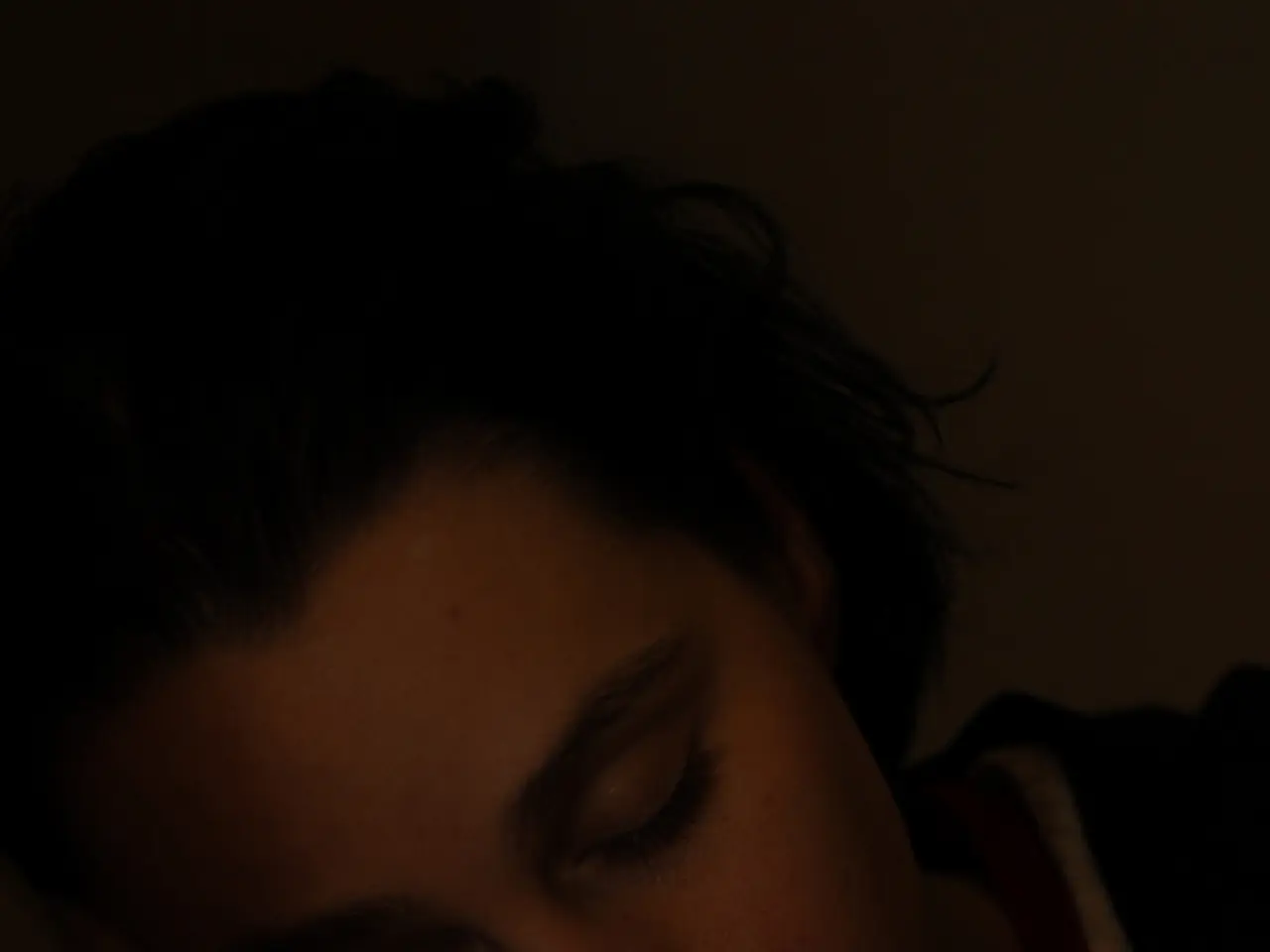Excessive Sleeping in Bipolar Disorder: Understanding Roots and Remedies
Excessive Sleepiness in Bipolar Disorder: A Closer Look
Bipolar disorder, a mental health condition characterized by extreme shifts in mood and energy, has three main types: Type 1, Type 2, and Cyclothymia. One of the less discussed but significant symptoms associated with bipolar disorder is hypersomnia, a sleep disorder characterized by excessive daytime sleepiness.
Hypersomnia is particularly prevalent during depressive episodes of bipolar disorder. During these phases, patients may experience prolonged sleep, fatigue, difficulty concentrating, and feelings of worthlessness. This contrasts with manic episodes, where decreased need for sleep is common.
Sleep disturbances, including hypersomnia and insomnia, are core symptoms of bipolar disorder and can both reflect and influence mood states. Poor or fragmented sleep tends to worsen bipolar symptoms, and improving sleep quality has been shown to lessen manic symptoms. Thus, sleep problems and mood dysregulation have a bidirectional relationship in bipolar disorder, where sleep disruption can trigger or exacerbate mood episodes, and mood episodes worsen sleep disturbance.
Hypersomnia contributes to problems such as increased irritability, decreased energy, slowed thinking, and difficulty concentrating—further aggravating mood instability in bipolar disorder. Because mood swings in bipolar disorder often include abrupt changes in sleep patterns, hypersomnia particularly signals a depressive state, distinguishing it from the decreased sleep need typical of mania.
In such cases, a doctor may prescribe antidepressants instead of mood stabilizers to manage hypersomnia. However, stimulants like modafinil (Provigil) are a more effective treatment for hypersomnia. Other stimulants like amphetamine (Adderall) and methylphenidate (Ritalin) may not work for people with mood conditions such as bipolar disorder.
A doctor's diagnosis of hypersomnia involves reviewing a person's medical history and symptoms, and may order tests such as a sleep log, Epworth Sleepiness Scale, Polysomnography, Actigraphy, or laboratory tests. Primary hypersomnia occurs when no other medical condition is present, while secondary hypersomnia occurs when an underlying medical condition causes fatigue or insufficient sleep.
People with bipolar disorder should aim to sleep at least 7 hours per night, as sleeping less than this increases the chances of developing various health problems. To improve sleep, developing good sleep habits, also known as good sleep hygiene, is recommended. Type 1 bipolar disorder involves one or more episodes of mania, while Type 2 involves episodes of both depression and hypomania. Cyclothymia involves less intense changes in mood.
Managing sleep through psychological treatments like cognitive behavioral therapy and mood stabilizing medications is essential for reducing hypersomnia and stabilizing mood in bipolar disorder patients. It is crucial for individuals with bipolar disorder to seek professional help to manage their symptoms and maintain a healthy lifestyle.
[1] American Psychiatric Association. (2013). Diagnostic and Statistical Manual of Mental Disorders (5th ed.). Arlington, VA: American Psychiatric Publishing. [2] Jones, L. R., & Bauer, M. S. (2016). Sleep disturbances in bipolar disorder: assessment and treatment strategies. Journal of Clinical Psychiatry, 77(7), e815–e826. [5] Swartz, M. S., & Frank, E. (2012). Sleep disturbances in bipolar disorder: a comprehensive review. Sleep Medicine Reviews, 16(4), 295–308.
- In managing bipolar disorder, sleep quality is crucial, as sleep disturbances like hypersomnia, a predictive indicator of depressive states, can exacerbate mental health issues.
- Obesity, a health concern associated with poor sleep, may further aggravate the sleep problems experienced by individuals with bipolar disorder.
- Aq, a health-and-wellness brand focused on mental health, could consider developing a program that addresses sleep issues, a significant aspect in managing bipolar disorder.
- The science of sleep is revealing new insights into the relationship between sleep disturbances and mental health conditions like bipolar disorder, shedding light on the importance of proper nutrition in maintaining a balanced sleep pattern.
- Daytime sleepiness, a common symptom of hypersomnia associated with bipolar disorder, can lead to decreased energy, slowed thinking, and difficulty concentrating, impairing a person's overall mental health well-being.
- A preventive approach to mental health, encompassing good sleep hygiene, a balanced diet, and regular physical activity, could help individuals with bipolar disorder better manage their symptoms and enhance their mental health and overall wellness.







